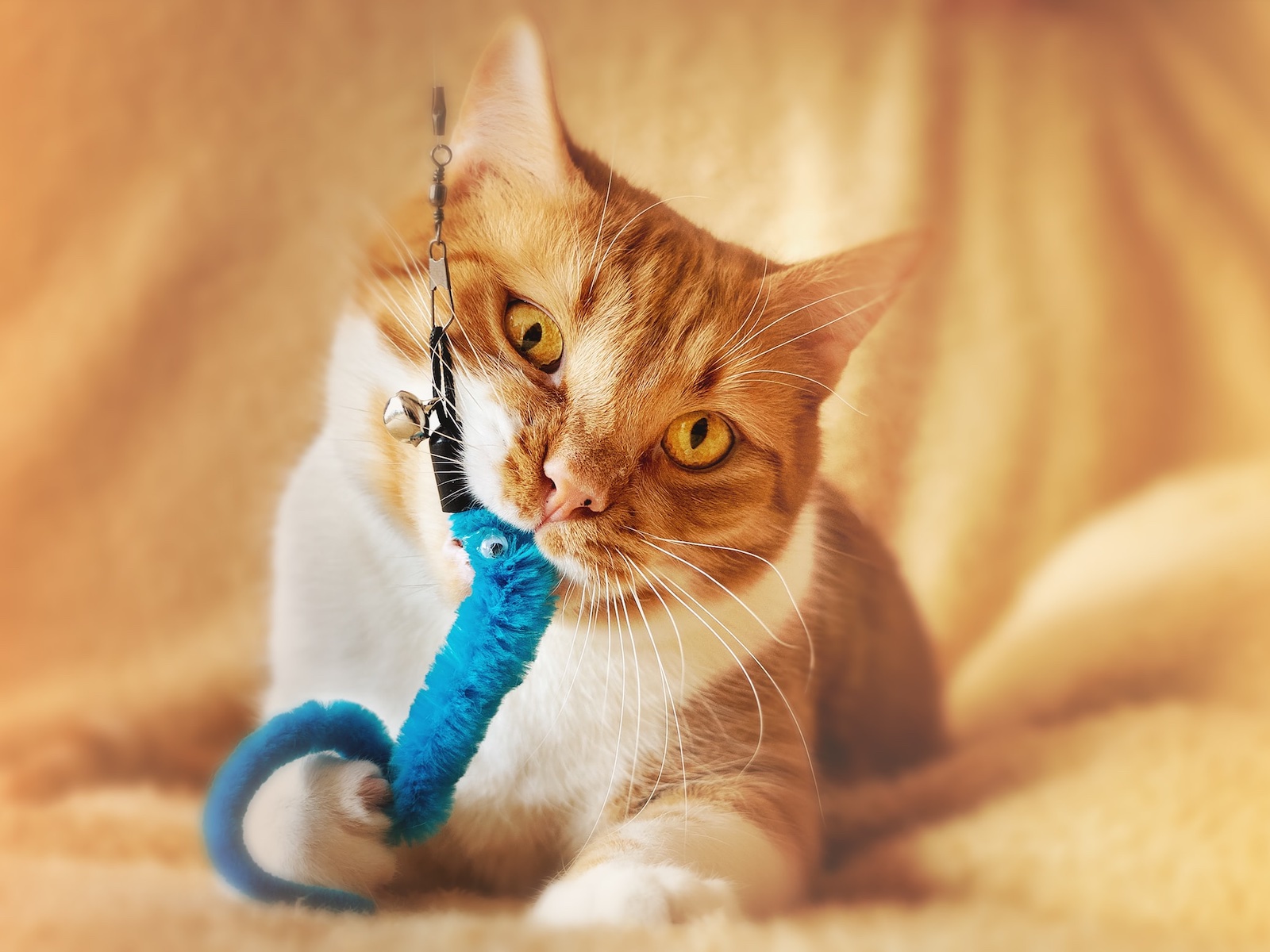
Kitten Vaccinations
Cat vaccines are medically and scientifically proven to combat the incubation and transmission of crippling and fatal diseases. They are a cornerstone to helping your feline friend live a long, healthy, and happy life. Your cat should have a specific vaccine protocol formulated by your veterinarian that considers risk factors such as age, overall health, and lifestyle.
Are Cat Vaccinations Required By Law?
Rabies is the only cat vaccination required by law in the state of Texas; this is true for most of the United States. This is due to the threat that rabies poses to people, and the fact that we still find rabies in our wildlife population throughout the country. Although other cat and kitten vaccinations are not legally required by law, they are important to protect your cat from serious disease.
What Cat Vaccines Are Recommended?
The American Association of Feline Practitioners recommends the following vaccinations for cats:
- FVRCP (also called “the feline distemper vaccine” which protects against three feline viruses: rhinotracheitis, calicivirus and panleukopenia)
- Rabies
- Feline Leukemia
What Are The Recommended Kitten And Cat Vaccination Schedules?
Kitten Vaccinations
- 6-11 Weeks Old: FVRCP (feline distemper)
- 12-15 Weeks Old: FVRCP (feline distemper), FeLV (feline leukemia), rabies vaccine
- 16+ Weeks Old: FVRCP (feline distemper), FeLV (feline leukemia)
Adult Cat Vaccinations
Vaccines are given to your cat one year after the end of the kitten series. FVRCP, or feline distemper, FeLV for cats at risk of exposure to feline leukemia virus (cats that are unsupervised outdoors or exposed to outdoor/unknown cats), and rabies as required by law. The FVRCP vaccine is given every 3 years after one year of age. The rabies vaccine can be given annually or every 3 years depending on the vaccine that your veterinarian chooses to use. The Feline Leukemia vaccine is given annually after 1 year of age to cats at risk for exposure.
Depending on your cat’s health status, these recommendations are likely to change. However, adult and senior healthy cats should continue these vaccinations throughout their lives.
Are There Risks Associated With Cat Vaccinations?
Cat vaccinations stimulate your kitten or cat’s immune system in order to create protection from specific infectious diseases. This can cause mild symptoms to occur ranging from soreness at the injection site to fever and allergic reactions. Cat vaccinations can cause other risks like injection site tumors and immune disease, however such incidences are extremely rare. Because of the potential for injection site reactions, most vets give each vaccine in a specific location that is noted in your cat’s medical record.
The fact is, the rewards of cat vaccinations far outweigh any risks. Cat vaccines have saved countless cats’ lives and play a vital role in the battle against feline infectious disease. As with any medical procedure, there is a small chance of negative side effects. In most cases, the risks are much smaller than the risks of disease itself.
Are There Any Side Effects I Should Watch For After Cat Vaccination?
Most cats show no ill side effect from receiving a cat vaccine. If your cat does have a reaction, it is usually minor and short-lived. A reaction usually occurs within 12-24 hours after receiving a vaccine. You should be on the lookout for the following symptoms that might indicate negative side effects from a cat vaccine:
- Fever
- Severe lethargy
- Loss of appetite
- Vomiting
- Diarrhea
- Swelling and redness around the injection site
- Lameness
- Hives
If you suspect your cat is experiencing any ill side effects from his or her cat vaccine, call your veterinary office immediately so they can help you to determine whether any special care is needed.
When Should I Schedule Kitten Vaccinations?
You should schedule your kitten vaccinations as soon as you get your new kitten. Regardless of age, your new kitten should be seen by a veterinarian as soon as possible. It is important to get a preventive health care plan in place including vaccinations, deworming, and parasite (flea and heartworm) control.





